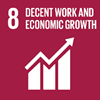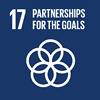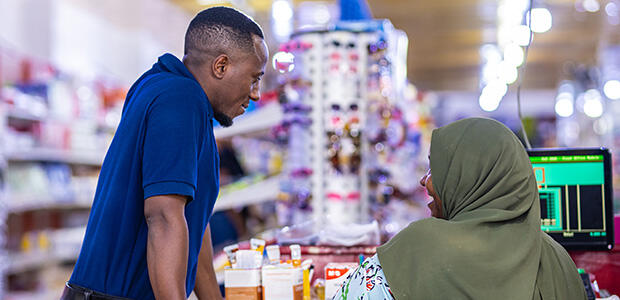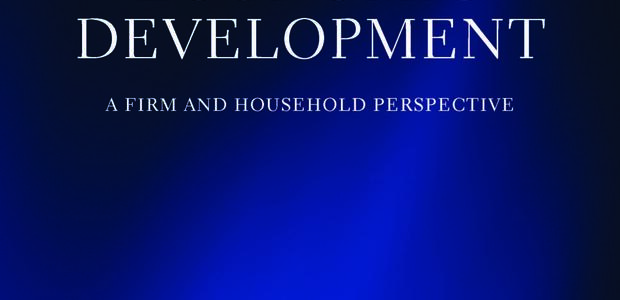The main objective of this project is to undertake collaborative research aimed at informing the development and implementation of policies towards economic transformation and sustainable development in Tanzania and the East African region. Drawing on cutting-edge research, the project provides local stakeholders a platform for research and policy discussions on Tanzania and bridges these discussions to the regional and international development debate.
The project is undertaken in partnership with the Institute of African Leadership for Sustainable Development, also known as the UONGOZI Institute (UI), based in Tanzania. The Institute’s mission is to equip African leaders in delivering inclusive and sustainable solutions through leadership development and research on sustainable development. UNU-WIDER will work with the UI to enhance research capacity and undertake research aimed at informing policy development towards promoting sustainable development and the SDGs in general. Research capacity-building initiatives include research mentorship, internships at UNU-WIDER, strengthening of in-house research capacity through secondment of UNU-WIDER Research Fellow to UI, and tailor-made training research workshops. The project focuses on macroeconomic perspectives, domestic resource mobilization, extractives, industrialization, sustainable livelihoods, and gender as a cross-cutting issue.
Key questions:
-
Macroeconomic perspectives: What are the public debt dynamics in Tanzania? What are the links between public debt and credit to private sector? Is there a crowding-out effect? What is the role of public investments versus private investment?
-
Domestic resource mobilization: What are the implications of tax-benefit policies for development in Tanzania? Which are the options for a universal old-age pension benefit in mainland Tanzania? What is the distributional impact of the VAT policy? What kind of incentives and policies are needed for mobilizing revenue from the large informal sector?
-
Extractives: What is the environmental and socio-economic impact of the extractive sector in Tanzania and what are the associated tax-benefit issues? What would an optimal effective tax rate in the extractive sector look like? What are the strengths and weaknesses of fiscal incentives? How effective is the value chain in the mining sector?
-
Industrialization: What explains the lack of movement of workers from self-employed status to employers and the low rate of formalization? What are the linkages between small- and medium-scale enterprises and large enterprises?
-
Sustainable livelihoods: What policies are most needed to help the self-employed enhance their livelihoods? How do households diversify their income, through means of survival or means of accumulation? What are the constraints of the informal sector related to access to credit, markets and integration with the formal sector? What are the implications of climate change on livelihoods?
-
Gender: What constrains women’s participation in the productive formal sector? What explains gender disparities in financial inclusion? What enabling conditions are needed for female-owned businesses to grow? What are the challenges to market access by women traders in Tanzania? How can gender be mainstreamed in the extractive sector?
The project will produce knowledge to achieving a wide range of SDGs, particularly around SDG8 (Decent Work and Economic Growth) and SDG 17 (Partnerships for the goal) as well as Goals 1, 2, 5, and 9.

 Join the network
Join the network


